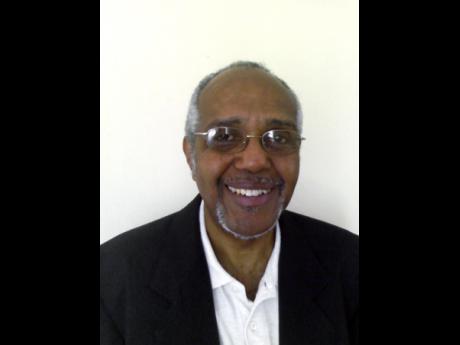Why Invest In Forgiveness As A Growth Strategy?
Why invest in forgiveness as a growth strategy?
Strange as the subject may seem, forgiveness is a missing key in plans and discussions related to development, growth and success.
Talent managers, coaches, organisation development specialists, and strategic planners combine to create sophisticated plans to take individuals, teams, organisations and the wider community to higher levels of performance and achievement. But the word 'forgiveness' is not found in any of the documents. Yet, forgiveness provides a low-cost opportunity to enhance productivity and effect savings at the individual, team, organisational, community and national levels.
Reflect for 30 seconds and see if you can identify an unresolved conflicts in any sphere. If you drew a blank, you are blessed. If you can think of an unresolved conflict, pause to reflect on the difference that reconciliation could make among the parties.
Some of the unresolved conflicts are open, while others are hidden or suppressed. One sure thing is that they negatively impact relationships. This is manifested in the form of literal physical fighting, through the breaking off of meaningful communications to covert undermining and outright resistance.
Family members who should be supporting and encouraging each other are divided. Unresolved conflicts are also manifested within and across departments in organisations. Units that should be cooperating to achieve common goals are actually fighting against each other. At a minimum, they are not fully supportive of each other.
Let us count the cost of a lack of forgiveness for a moment. Medical science is clear that unforgiveness is a cause of physical and mental illness. That is a cost to the individual, organisation and wider community.
Domestic violence and reprisal attacks add costs to law enforcement and health services. In addition, they impact productivity and create a less favourable environment for investment and tourism.
At the organisational level, past hurts and infighting impact the bottom line in terms of ineffectiveness and missed opportunities. If we could quantify the lost income from relationship issues, we would not be so casual about dealing effectively with interpersonal challenges at all levels.
Consider, for example, the media house in which there was a testy relationship between the Editorial Department (strenuously protecting turf) and the Sales Department. A new marketing manager forged a dynamic level of collaboration that resulted in the creation of exciting new content, which brought more readers and advertisers on board. That is what is possible when unresolved conflicts are eliminated. Teamwork improves group work.
A role play from my Team Cohesiveness workshops mimics offerings to help a colleague on a key project. Having established my expertise, I volunteer that on two previous occasions I had done something that could have negatively impacted their careers. Over the years, I can't recall more than 30 per cent of the participants who would agree to accept my offer.
They forgot that I made them aware of my actions. Secondly, they rejected a better chance of acing the project and enhancing their careers. Third, some of the 'friends' who advised them might actually be guilty of far worse.
We are too afraid of being hurt. Yet, that mindset makes us no less vulnerable. Instead, what fear does is prevent us from grasping opportunities for growth and success.
The other key question is whether they have ever sought forgiveness and repeatedly. If so, what if they had been denied another opportunity to move forward from their error?
Forgiveness is a wonder drug for many who are ill. Forgiveness is the key to the financial struggles that some divided families are experiencing. Forgiveness is the answer to the violence that plagues some communities. Forgiveness is a strategy for improving cohesiveness and productivity in the workplace. Forgiveness has implications for making our country a better place to live. Let it go this year!
Let us invest in forgiveness as an active component of our strategic plans.
Next time: The nature of the required investment.
• Trevor E. S. Smith is a behaviour modification coach with the Success with People Academy, home of the Certified Behavioural Coach award and the 3-D Leader Certification: Leading Difficult People. Both are accredited by SHRM and offer SHRM Professional Development Credits to be applied to the SHRM-CP and SHRM-SCP certifications. Register now: info@swpacademy.com


